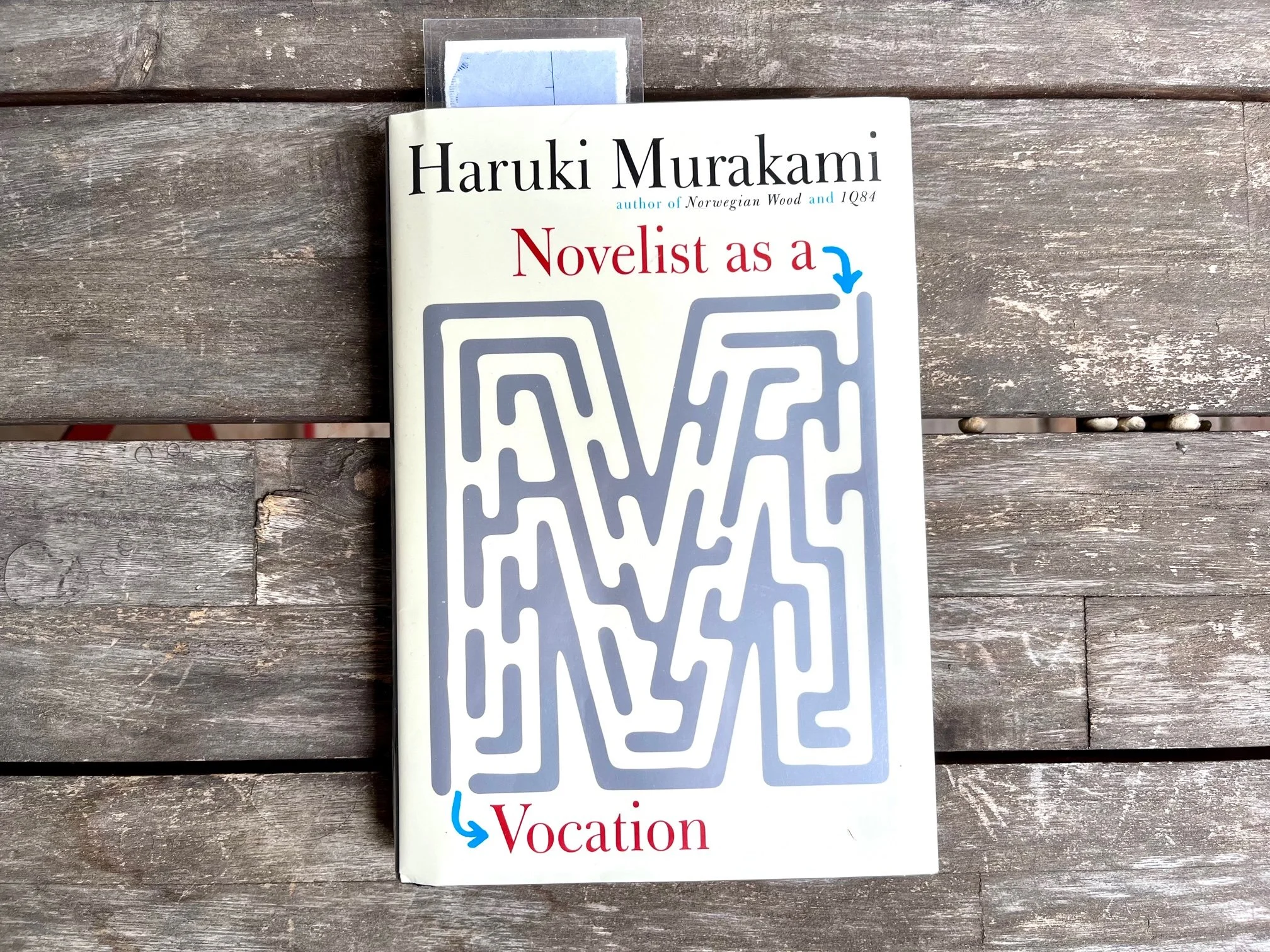My (Mostly) Fun Summer Reading List
Now that my academic year is officially completed and I can move on from the required reading list, I get to read all the things that I didn't have much time or energy to read.
This, then, is Part One of my (Mostly) Fun Summer Reading List.
First on the list is Nick Cave's searing memoir, Faith, Hope, and Carnage. Drawn from more than 40 hours of conversation with the journalist Seán O’Hagan, Cave’s reflections on loss and grief, amongst other topics, are painfully honest without being self-indulgent or performative.
He says this about grief, for example, in the aftermath of the death of his 15-year-old son in 2015: “I could feel it literally rushing through my body and bursting out the ends of my fingers."
And again: "It actually feels like grief and God are somehow intertwined. It feels that, in grief, you draw closer to the veil that separates this world from the next."
Or this: "Grief can have a chastening effect. It makes demands of us. It asks us to be empathetic, to be understanding, to be forgiving, despite our suffering."
So true. So true.
Second on the list is Ellen Raskin's utterly delightful mystery novel, The Westing Game. A kooky patriotic industrial tycoon is found dead at the very beginning of the story and we find out that he has bequeathed his entire wealth to sixteen people—all potential heirs—if they can solve the game that he's left for them to puzzle out in pairs that seem terribly unlikely, but which results in the discovery of each character’s humanity.
It's ostensibly a children's book, having won the Newbery Medal in 1979, but it's a complete hoot for adults too.
I've read most of Octavia Butler's sci-fi novels, but I've yet to read a Parable of the Sower, which features a 15-year-old hyper-empath, living in a post-apocalyptic Californian future. I don't have to agree with Butler's philosophy to believe that her novels tell plenty of truth about the world as we know it, and I'm looking forward to diving back into her speculative worlds.
Haruki Murakami's memoir, Novelist as a Vocation, is quirky, whimsical, self-effacing and wise throughout.
It includes chapter titles like "Are Novelists Broad-minded?" and "So What Should I Write About?"
And it includes gems like this: "Novel writing is indeed a most inefficient undertaking, consisting of repeating 'for instance' over and over."
And this: "That is what novel writing is really all about. It is time-consuming, tedious work."
There's also this truth that most artists would recognize in their own lives: "What has been (and continues to be) most important for me is my direct, physical awareness that some special power has given me the chance to write novels....Looking back, I have no idea who granted me this license, only that someone or something did" (emphasis original).
We might venture a guess about Who that Someone is, but the unnamed Protagonist keeps showing up implicitly in Murakami’s reflections on life, work, community and the perils and promises of an artist’s calling, and it does so in a way that enriches the telling of it all.
Such a great book.
Part Two coming soon!



